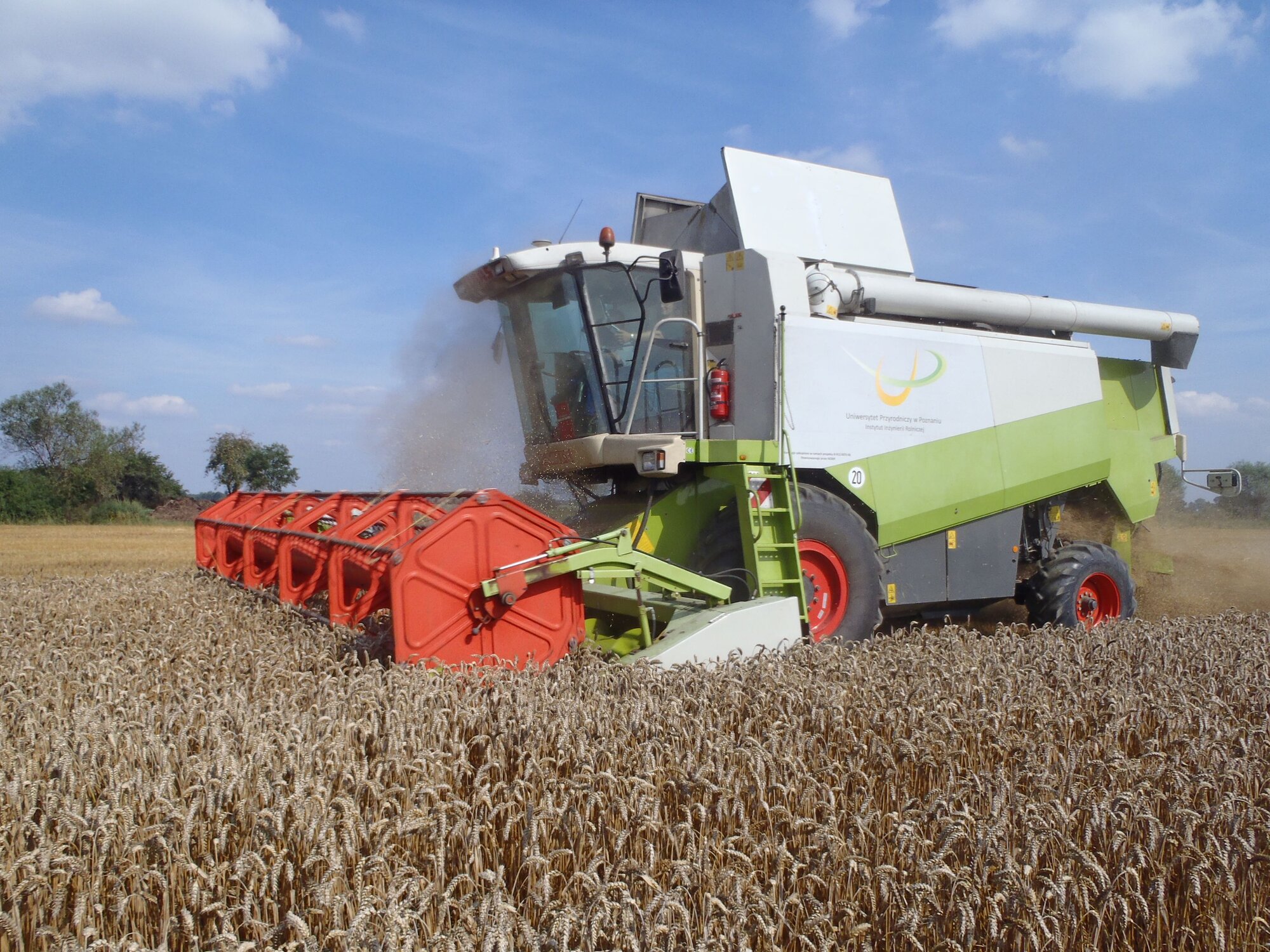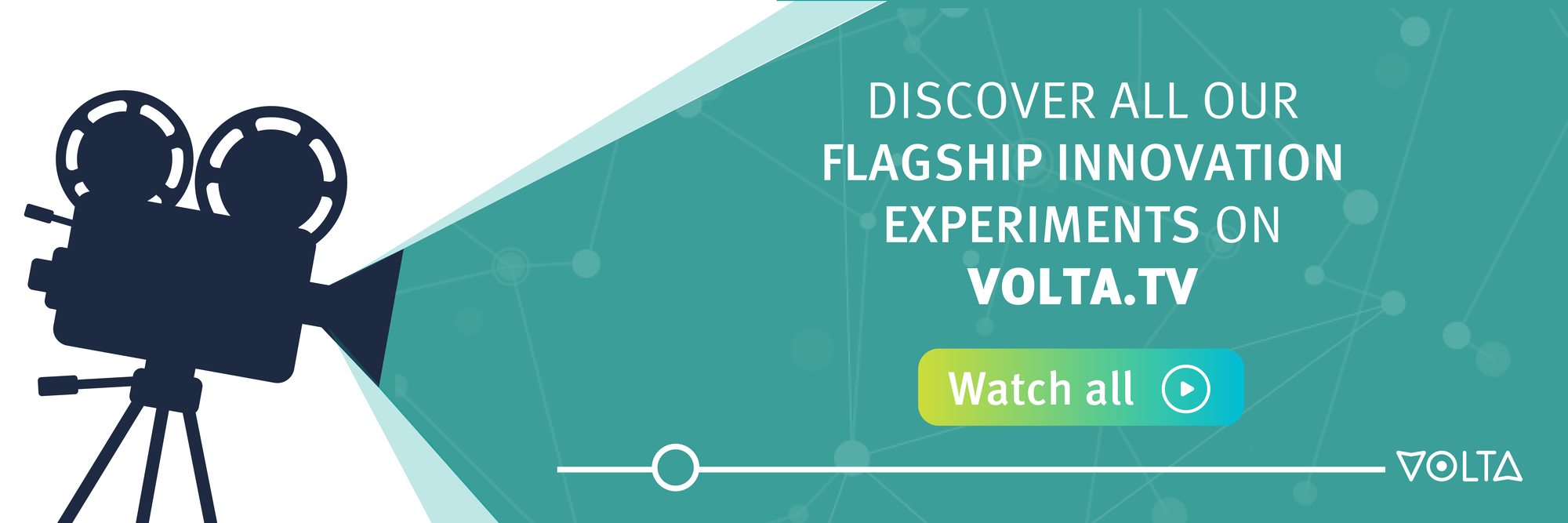Online DSS for Optimising Fertilisers – PULS for Fertilisers
Creating an online Decision Support system for farmers which processes data from sensors and integrates image analyses to improve both yield quantity and quality.

Concept
At the heart of this Flagship Innovation Experiment (FIE) is the objective to process data that are currently not well adapted by the end-user or farmer. This FIE will create the community and the space for cooperation. Subsequently, this FIE develops an online Decision Support System (DSS) using data from sensing platforms to optimise soil management by identifying and localising nutrient input zones. This increases yield quality as well as quantity, hence increasing farmers’ competitiveness. By adapting the content and annotation of various datasets from different sources, the DSS allows for the recording of locally variable environmental conditions and the consequent online integration of processed signals from mobile sensors for site specific fertilising, commonly referred to as variable rate application.
Implementation
To optimise the models and algorithms applied in this FIE, data on soil, crop and yield from various suppliers are leveraged. Soil and grain properties will be measured by classical methods and proximal probes. To identify cover crops and diagnose the crop status, hyperspectral images from Unmanned Aerial Vehicles (UAVs) and satellites will be subjected to image analysis classification and pattern recognition. The purpose of this FIE’s tool is to increase technological adaptation by finding correlations between data and modelling while considering different data exchange standards in machines and agricultural systems. The result will be a DSS, which combines project advisory services with correlation models and methods, based on the content analysis of data.
Lessons learnt:
The first problem that arose during the FIEEP implementation phase concerned the production of algorithms to optimise soil sampling and VRA. During the work, the validity of using certain groups of data was verified.
The second problem arose at the algorithm implementation stage, which required collaboration between experts from agro, IT and academia. The nature of these problems resulted from different perceptions of the tasks and problems posed from the point of view of the domain knowledge that the actors represent, as well as from the accepted practices of work organisation in the institutions they represent. It proved to be a challenge to find the best strategy for collaboration, and this resulted in unintended delays in the final product.
The core lessons addressed the challenges caused by the restrictions caused by the Covid-19 pandemic. both at the FIE17 tasking stage and the FIE collaboration with the merits core of the SAHs project, delivering the outcomes of subsequent WP activities to support FIEs and IEs. The lack of F2F meetings and events took its toll on implementation outcomes. Unfortunately, not all activities can be replaced by online methods.
Finally, another lesson learnt was to establish cooperation between partners in a difficult communication situation.

